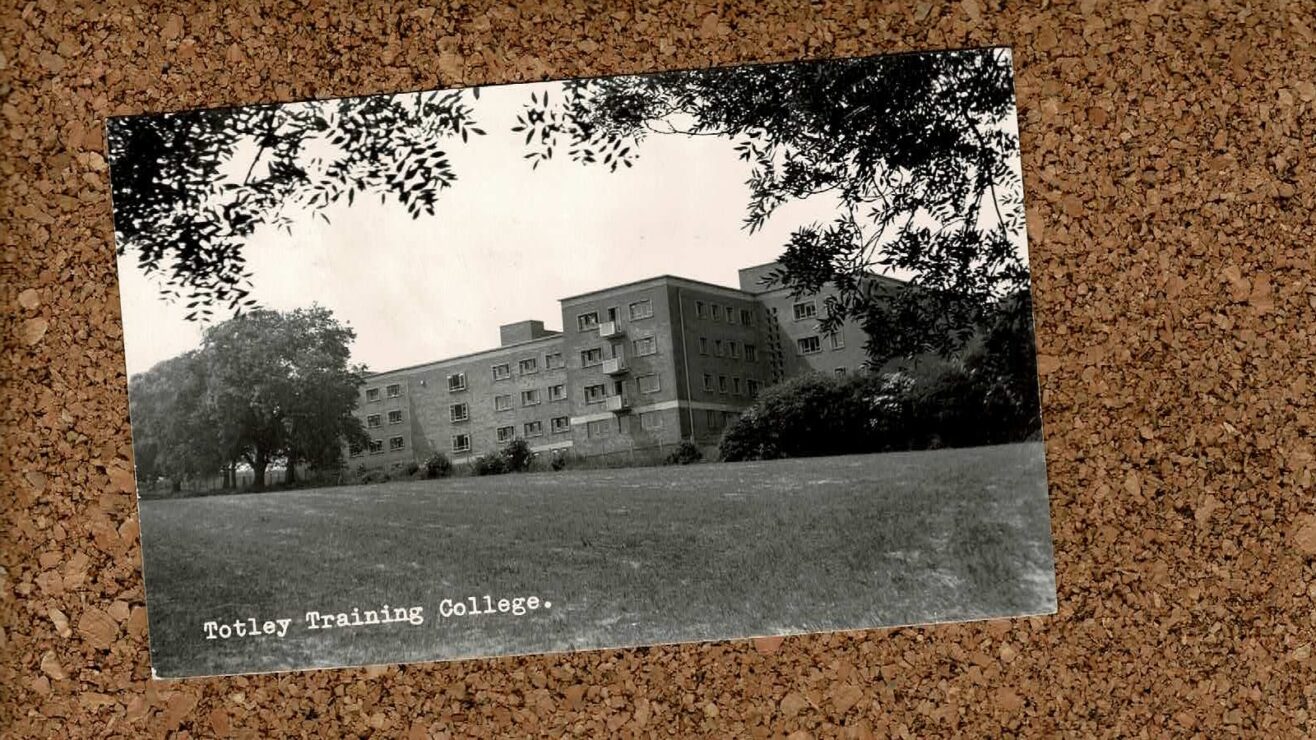For university admissions, the present system of predicted grades is “not only inaccurate but [also] unfair”, as David Olusoga puts it.
And recently, post-qualification admissions, or PQA, has been touted as a way to address the problem. For example, Education Secretary Gavin Williamson has supported a review of university admissions which includes an analysis of possible PQA models.
It’s been interesting to note the increasing numbers of students this year who have opted to go through Clearing as a matter of choice, and this suggests a thought experiment – what might the sector have to change if this were to happen en masse? Universities (and schools) would either have to adapt to these new practices, or change the system.
Expediency over principle
I offer my admiration to those students who have the courage and initiative to leave their applications to the Clearing period. And I am firmly with the proponents of PQA, on the simple basis that it is fairer in principle.
There is something to be said, though, in favour of expediency as opposed to pure principle. A number of practical problems relating to PQA have been outlined by sector leaders recently – for example, the need to move A-levels forward, and the start of the university term back, or the need to run the applications process during the school holiday.
What would the implications of PQA be for the shape of the academic year in universities? From my perspective, here is where some planning around admissions in conjunction with consideration of the first-year experience would pay off.
PQA could benefit first years
To put this in general terms, I have been aware for some time that senior figures at universities have been asking whether we are over-assessing first year students. For instance, for first years, would one examination period in the summer be sufficient? This is a serious consideration, predicated in part on structuring the first year in a slightly different way to later years. But why stop there?
If the beginning of first year teaching started two weeks after that of returning students, in order to help the applications process run smoothly, it would open up a series of other possible changes that could be beneficial to the first year experience.
This need not change the overall form of the academic year in terms of formal start and finish dates. At the beginning of the first year, there would be room for a longer induction period, with more time available for new students to adapt to their new environment and more opportunities for existing students to arrange peer-led initiatives. Jim Dickinson, on these pages, has demonstrated the need for universities to rethink student readiness; changing the first year calendar would at least help with the finite resource of time.
At my workplace and elsewhere there is a two-week examination period in January, meaning that second semester teaching does not begin until very late in January or even early February. With no exams at this time for first year students, what is not taught at the beginning of the semester – when the returning students are attending classes and the first years are being inducted – can be delivered here. First year students, then, would not receive less instruction.
Benefits aplenty
This structure would have plenty of benefits. A shorter winter break with no prospect of examinations immediately following would allow us to more easily maintain necessary contact with first year students, as well as promoting more continuity in their studies. Using a one exam-period structure might also lead to more full-year courses, allowing for more meaningful assessment and feedback practices. And more sustained contact and less exam pressure could mean better working relationships with first year students.
In short, I’m not sure I see any knock-down arguments against PQA in terms of its practical consequences, certainly not from the university teaching and learning perspective I outlined above. If we don’t try PQA, we’ll never discover its possible benefits, in the admissions process and beyond.














U of Manchester is ranked silver in TEF. Its 2019 NSS scores were 71% for timeliness of feedback and 67% for usefulness of feedback. These data indicate that a roll back on first year assessment would not be without risk.